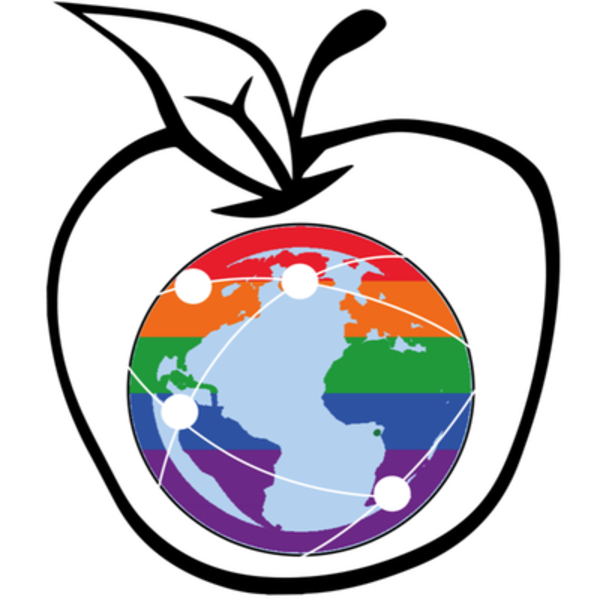Price:
9123 EUR
Contact
University of California, San Diego
Description
In this project-based course you’ll review the Advanced Placement Computer Science Principles course and exam description guide to prepare for the “Explore Task”, where students must research a recent computing innovation and and analyze its impacts on the world. You’ll also review the description of this task from the student perspective and complete the task yourself. Then you’ll assess sample secondary student work by following the APCSP scoring guidelines as well as provide feedback to a fellow learner on their submitted task and receive the same from fellow learners.
This course is part of a larger Specialization, in which the first five courses focus on teaching impacts of computing concepts and the technology and computing concepts that make them possible, preparing you to teach pre-college learners to be both savvy and effective participants in their digital worlds. While this course and project can be completed without taking the other courses, the bulk of new knowledge is taught there. Additionally, throughout the courses you’ll reflect on your learning experience from both the perspective of the student and the educator, helping you become a more reflective teacher and develop an understanding of how instruction and activities can be designed to support learning.
Note, if your goal is to receive graduate credit from the University of California, San Diego, you need to to make that decision before you complete this course. Please see the FAQ “Will I earn university credit for completing this course?” for details on how to receive that credit.
In terms of CSTA K-12 computer science standards, throughout the Specialization we primarily cover learning objectives within the “impacts of computing” concept, while also including some within the “networks and the Internet” concepts and the “data and analysis” concept. Practices we cover include “fostering and inclusive computing culture”, “recognizing and defining computational problems”, and “communicating about computing”.
Specific details
Category of Education
Education







 How to resolve AdBlock issue?
How to resolve AdBlock issue? 


Comments (0)